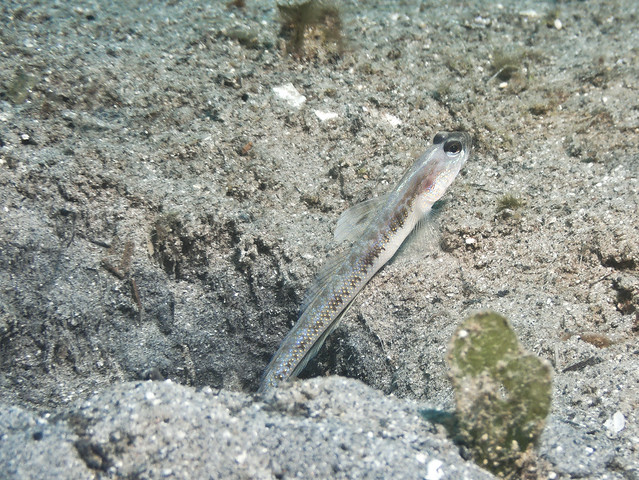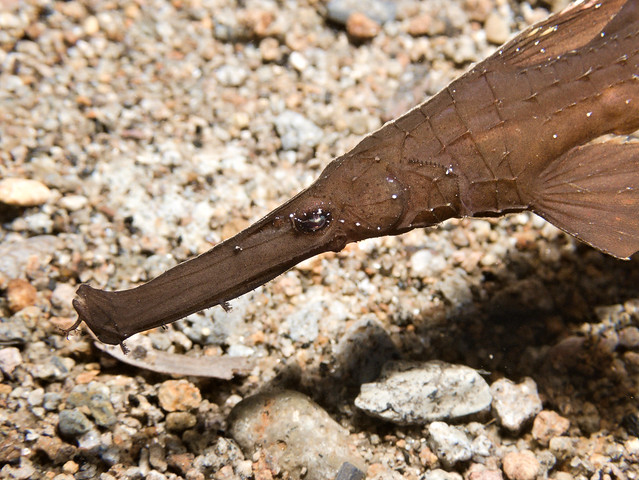The Psychology of Muck Diving
I’m excited to present a guest post – by my friend and occasional dive buddy Marco Inocencio, scuba diving instructor and assistant manager at Atlantis Dive Resorts and Liveaboards in Dauin, Philippines. What is the psychology of muck diving? After all, we live in the Mecca of muck diving, Dauin:
It’s definitely an acquired taste. Mention SCUBA diving and the common person would associate it with reefs teeming with schools of multi-colored fish, or sharks and rays. You know, the obvious stuff, marine organisms that are so conspicuous they’ll jump up and bite you, both literally and figuratively. Muck diving, or simply just “muck” to avid practitioners, is a subculture in recreational diving. Those who are into muck are drawn to expanses of sand, silt, and rubble dotted with piles of debris. They’ll move at a glacial pace, eyes peeled; visually probing each square centimeter of substrate for “finds”.
Finds can be anything from something as common as mysid shrimp, to something as spectacular as a blue-ring octopus. They don’t have to be small either; some of the best finds can be relative behemoths like harp snails and adult needle cuttlefish. Regardless of the size, one thing that finds have in common is that you will miss them if you’re not paying attention. Finds do their damnedest to be as inconspicuous as possible or pretend to be something they’re not. For practitioners, god (or the devil, whichever one prefers to find) is in the details. The most dedicated do not just familiarize themselves with the general appearance of the organisms (they like to refer to them as “critters”) they seek; they isolate different parts of a critter’s anatomy and visually learn them by heart. They do this so that they can spot finds even when most of the critter is hidden and only a small fraction (a fin, an eye, the tip of its tail) of it is exposed.
They learn a critter’s natural history to give themselves an advantage (e.g. an abundance of mysid shrimps means be on the lookout for their predators: seahorses and pipefishes); the more one knows about a critter, the easier it is for one to “be” the critter, and hence find it. Some have even learned to adjust their scale to ensure finds. Magnifiers have become invaluable tools in making finds a sure thing; isopods can be found practically everywhere. If you can’t see anything at 1X, then they’re probably at 10X.
A muck diver’s mindset once entering the water falls between 2 polar extremes: 1) be focused on finding a particular critter to the point of ignoring others, and 2) be a blank slate with no expectations. Disappointment is a regular dive buddy for those into muck, especially when one’s mindset favors the former. Even when one’s expectation is low (something’s wrong if you find yourself with absolutely no expectations at all at the beginning of a dive), disappointment is a possibility. It won’t be because there is nothing to find; it will be because you are unable to find something that is there given the time and scale that you’re working with. You can never find everything. That, to me, is the essence of muck.




